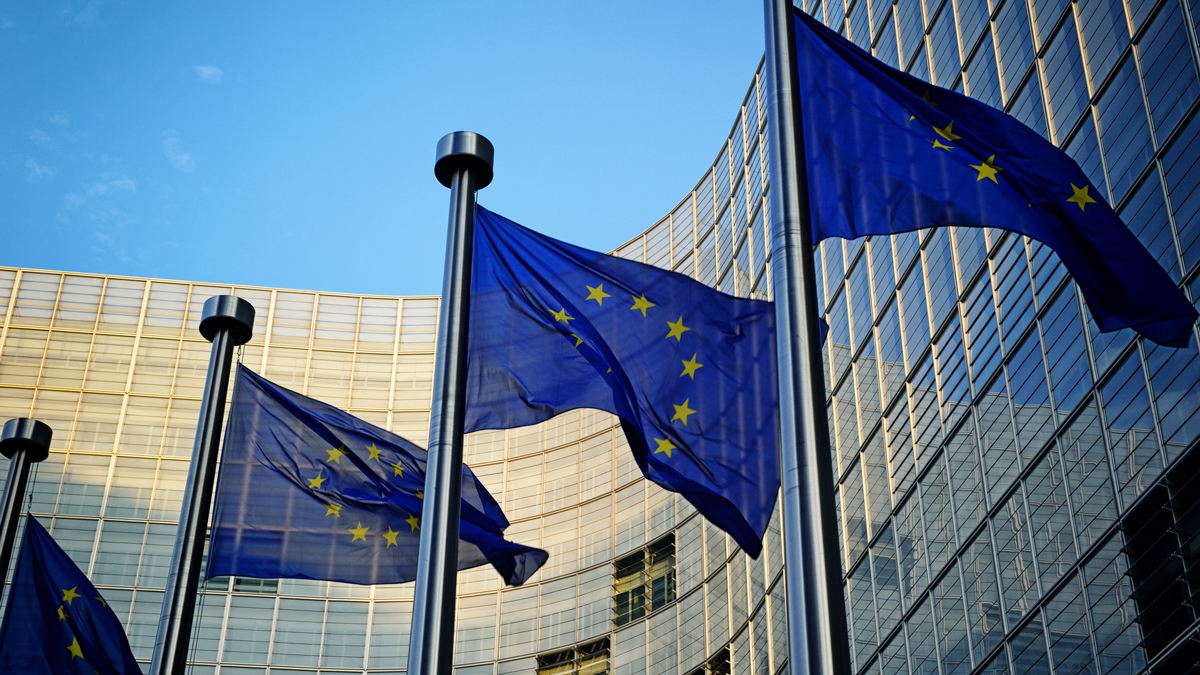Digital health financing bonanza slows in Q1

2021 was a big year in investment financing for US digital health companies, but there are signs that it may be a high watermark.
In the first three months of this year there were 183 deals worth a total of $6 billion, giving an average size per deal of just under $33 million, according to venture fund Rock Health's latest update on the sector.
That's a lot, but is still a sizeable drop on the $6.7 billion raised by the sector in the same period of 2021, from 147 deals with an average value of around $46 million, and well below the record $7.3 billion raised in the final three months of last year.
"It's worth noting that Q1 isn't usually a blockbuster period for funding," said Rock Health analysts Adriana Krasniansky and Pavan Shah in the report, adding that this is further evidence that their may be seasonality in digital health funding. However, in three of thein three of the five past years, Q1's funding beat the preceding quarter.
"We know we're just getting settled into 2022, but if this quarter signals anything, it's that the next nine months won't be easy to predict," they added, cautioning that the numbers "may be early indicators of a digital health venture funding correction."
Drilling down into the numbers, Rock Health say there has been a marked drop in its digital health securities index, which covers publicly traded companies, with a 38% contraction in the first quarter, accompanied by a reduction in listings via the special purpose acquisition company (SPAC) route.
That is a bigger drop than other healthcare indexes, which like most sectors have been dragged down by supply chain and energy cost issues and anxieties around the broader consequences of Russia's invasion of Ukraine.
SPAC star fading?
SPACs have been a popular route to public listing for digital health as well as many other sectors, but the deals have underperformed, with steep declines in share prices after they closed that has "exerted downwards pressure" on the Rock Health Digital Health Index (RHDHI).
"Q1 2022 saw digital health SPAC deals cancelled, SPAC exits taken private, and SPAC targets sued for misleading funders," write to Krasniansky and Shah in the report. That is creating "turmoil" in the category, that may in part be a result of the dals targeting younger companies that are not ready to go public.
There are 53 healthcare-focused SPACs still looking for their merger partners, and whether these complete deals or call it quotes in the coming quarters will be illuminating.
That's not to say all was doom and gloom for the sector in the first quarter, with a series of private financing deals bringing in big numbers, headed by telehealth software firm TigerConnect's $300 million private equity financing from Vista.
Others included digital behavioural health player Lyra Health's $235 million series G, a $200 million fifth round for digital pharmacy Alto, and a $192 million series E for chronic care specialist Omada Health.
The strength of the late-stage private financing sector may reflect the challenges affecting the public markets, says Rock Health.













